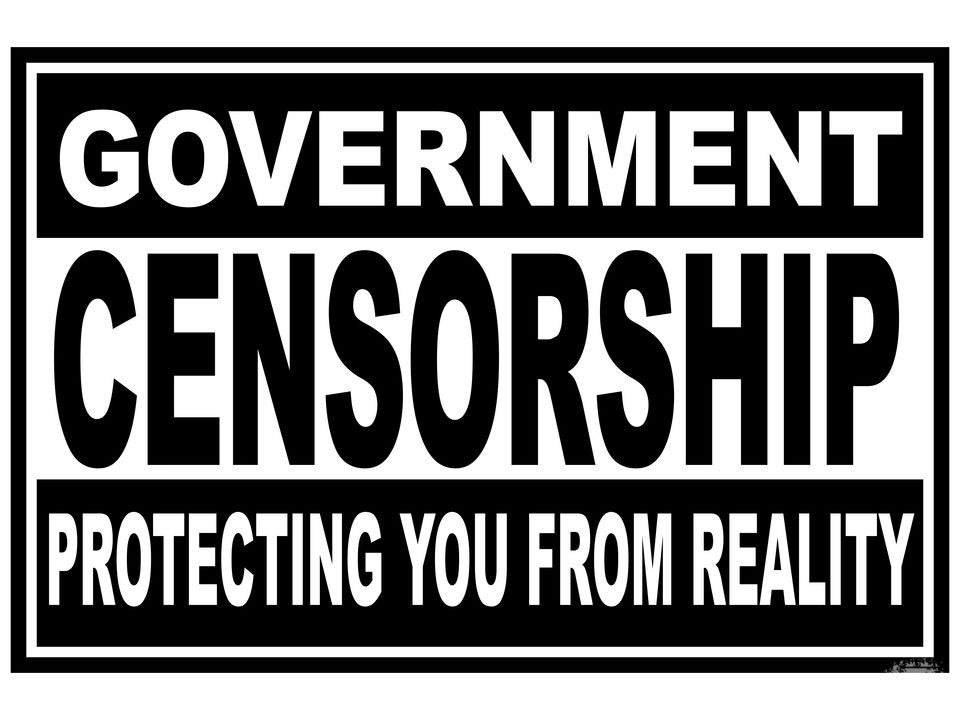Senator Josh Hawley (R-MO) recently made the news by proposing a restriction on campaign spending by publicly traded companies. Somewhat mis-labeled as a challenge to the Supreme Court's Citizens United ruling, it rankled both the likes of Senate Minority Leader Mitch McConnell and the angry lefties at MSNBC.
For one thing, Citizens United was a not-for-profit entity. For another, limiting the restriction to publicly traded companies is an acknowledgement of the language in the Court's ruling. These data points might give Hawley's legislation a chance to pass Court muster.
That wouldn't make it right, however. Money and speech are inextricably tied together - even a soapbox upon which to stand costs money - and we play with fire when we allow the government the power to hush speech.
Nor would it accomplish much. Like water flowing downstream, money always finds its way into politics.
Meanwhile, Congressman Mike Gallagher (R-WI) doesn't like that Tik Tok is propagandizing against Israel, and wants to ban it. My recent posts here should make my position on Israel crystal clear, but I reject out of hand the censorship of opposing opinions, even when they are couched in lies. Again, there is enormous peril in allowing the government to hush speech. None of us should trust a government truth squad not to weaponize its power in favor of one party or the other.
Last year, the Biden administration sought to create what was derisively dubbed a "ministry of truth.” The two Republicans I cite here serve as proof that government censorship is a bipartisan affair.
Yes, yes, I'm sure that many readers don't like what China is up to via Tik Tok and other means. I don’t either. I'm sure that many bristle at deep pocketed corporations buying political influence. I'm not a fan, that’s for sure. But, as in medicine, the cure must not be worse than the disease, and only a naif would trust the government when it comes to controlling speech it doesn't like.
The system isn't perfect, but no system is. Choosing liberty over government power is the better bet just about every time. Besides, what is the message behind controlling what we hear, see, and read? That we can't be trusted to sort fact from fiction, that we aren't capable of seeing what's going on? Indeed, there are millions who choose to close their eyes to stuff they don't agree with, but will any of them be benefited by having the government act as gatekeeper?
I think not. Liberty can be messy, but it's necessary. The alternative is worse.





Much like the original sin of US healthcare, the problem with corporate sponsored speech is in the tax code. 401k retirement plans give large corporate interests an outsized soap box bought with OPM, several layers removed from the opinions and informed consent of their shareholders. The problem is government - Hawley needs to stop trying to fix it with more government. End the 14th Amendment violations that are unequal tax treatment.
On TikTok and other similar platforms, few have actually articulated the real risk. The problem is that the CCP can and is propagandizing the youth of the US through algorithmic manipulation. There's no legislative solution to "ban" TikTok that would pass constitutional muster. However, we know the FBI has already been "banning" voices they want silenced via third party voluntary compliance.
We know for a fact that was happening at Twitter, and we can assume it's also still happening at Amazon, Google, and Apple. They know TikTok is an infosec and propaganda threat, so why haven't they pressured the various app stores to deplatform it? We were bombarded with Ad Council campaigns to give the COVID vaccine to children. Where's the Ad Council campaign warning parents about TikTok?
Our nervousness when powerful financial players are trying to override our system must not short out our principles but rather supercharge our advocacy of Liberty.